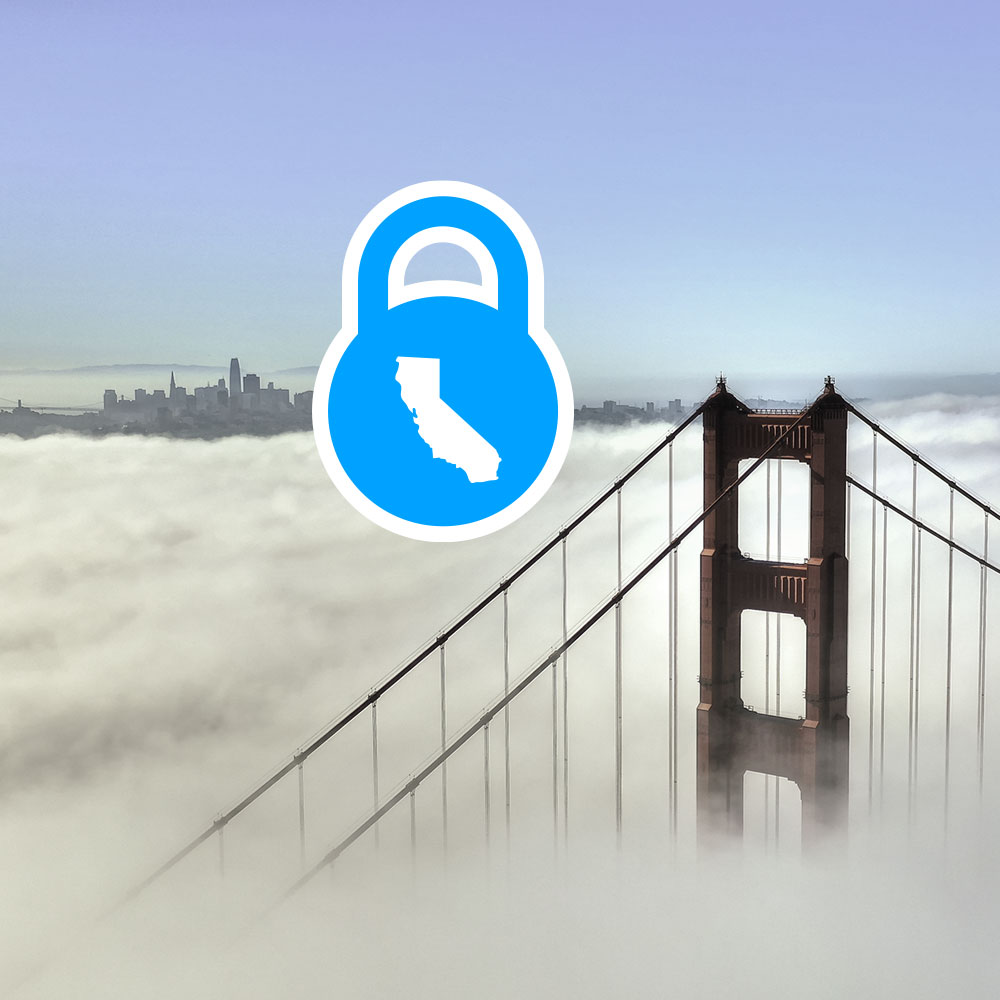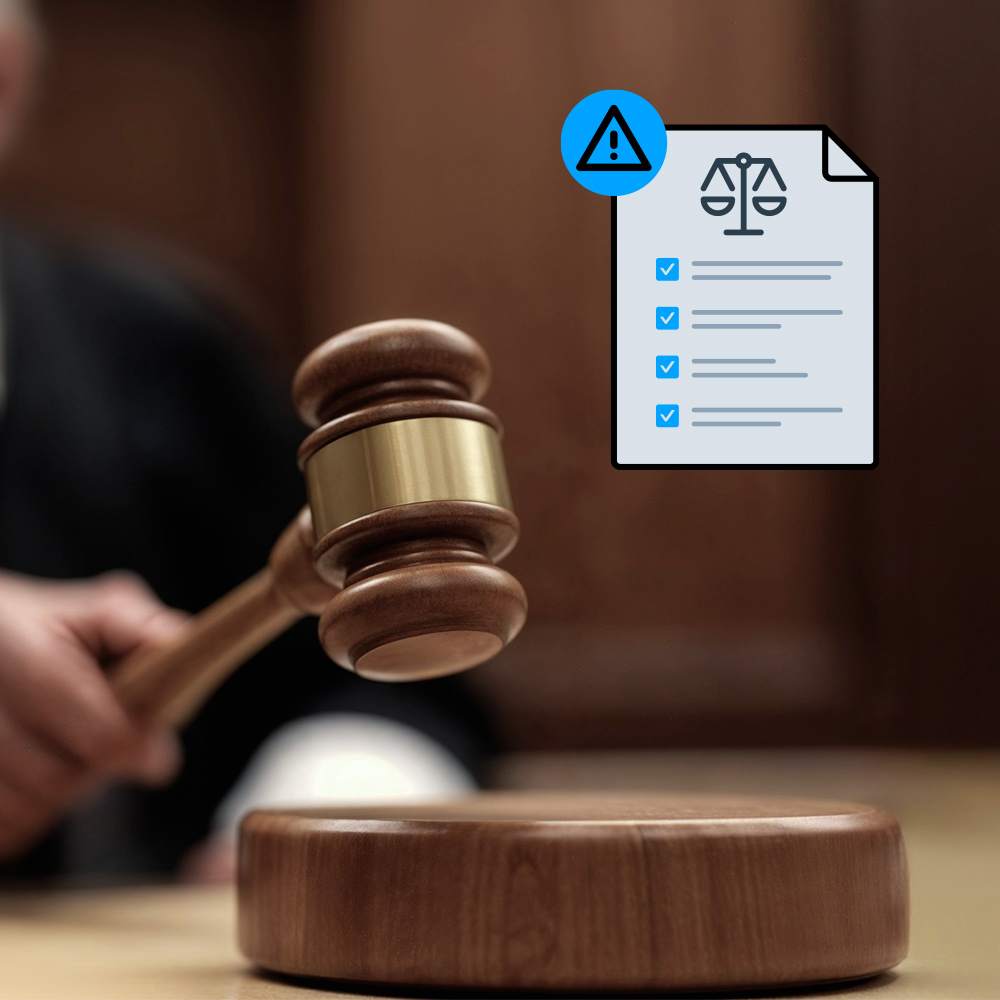Who is responsible for enforcing the General Data Protection Regulation (GDPR)? The answer is more complex than just regulatory authorities.
The GDPR is one of the most comprehensive data privacy laws in the world, and enforcement isn’t limited to external authorities. Responsibility for GDPR compliance belongs to organizations, departments, and even individuals.
We’ll look at who is responsible for data privacy and protection and how to implement best practices. We will also outline GDPR enforcement from a government level down to day-to-day corporate operations.
What is GDPR?
The General Data Protection Regulation (GDPR) is the European Union’s foundational data privacy law. It was introduced in 2016 and took effect in May 2018, replacing the 1995 Data Protection Directive. Unlike directives, which require national governments to pass their own local versions, the GDPR is a regulation that applies directly and uniformly across all EU and European Economic Area (EEA) member states.
The GDPR was designed to give individuals more control over their personal data and to align data protection laws across Europe. It governs how personal data is collected, processed, stored, shared, and deleted. It also introduces strict requirements around user consent, transparency, security, and organizational accountability.
The regulation affects any organization, regardless of location, that processes the personal data of EU residents. This means that whether you’re based in Berlin, Boston, or Bangalore, if you have users in the EU, you have to comply with the GDPR.
Learn more about the EU’s General Data Protection Regulation (GDPR).
Who is responsible for GDPR compliance in companies?
GDPR compliance is not solely the job of regulators or legal advisors. It should be built into businesses’ day-to-day operations. Two individuals hold the most responsibility: data controllers and data processors.
Read about GDPR compliance software now
Data controllers, data processors, and GDPR compliance
Data controllers and data processors collect and process users’ personal data, and are thus responsible at the day-to-day level for data security and privacy.
Under the GDPR, a data controller is a person or organization that collects personal data and determines the purposes and means of its processing. Data processing can mean anything from creating customer profiles to aggregating demographic information for sale.
A data processor is a person or organization that processes personal data on behalf of a data controller. Advertising partners are a good example of data processors.
GDPR requirements apply to both data controllers and data processors, but their specific responsibilities differ. Ultimately, data security and privacy compliance are usually the controller’s responsibility, including for the actions (or negligence) of contracted processors.
This is why it’s critical, and to a degree required, to enter into clear, comprehensive contracts with all prospective data processors and to review their activities.
Responsibilities of data controllers under the GDPR
Data controllers are primarily responsible for GDPR compliance, so they must obtain valid consent, as defined in Art. 7 GDPR, from individuals for data processing. Their additional responsibilities include:
- Maintaining secure records of consent preferences
- Keeping data accurate and up to date
- Correcting or deleting data when requested, under certain circumstances
- Implementing appropriate technical and organizational measures to protect data
Data controllers must also verify with contractual agreements that any third-party data processors they work with are GDPR-compliant.
In practice, this means that the controller doesn’t just decide how data is used. They also have to demonstrate accountability at every stage of the data lifecycle. This includes transparency with users, cooperation with supervisory authorities, and full documentation of compliance measures.
In short, the data controller sets the tone for how an organization approaches data privacy and is ultimately the one who bears the most legal responsibility.
Responsibilities of data processors under the GDPR
Data processors must process personal data only according to the instructions of the contractual agreement with the data controller. Their additional responsibilities include:
- Implementing appropriate technical and organizational measures to protect data
- Notifying the data controller of any data breaches
- Keeping records of processing activities
- Compliance with data deletion requirements after processing
Processors do not have the freedom to decide how personal data is used, but they still play a critical role in keeping it safe. This includes handling data with care, applying encryption and access controls, and executing proper deletion once processing is complete.
If a data breach occurs or if a processor fails to follow the agreed upon terms, they can be held legally responsible, especially if negligence is involved. That’s why it’s crucial for processors to stay current on security best practices and to regularly review their compliance procedures.
Data Protection Authority (DPA)
Data Protection Authorities (DPAs) are independent public authorities that oversee GDPR compliance and enforcement in each EU member state. Typically, each EU member country has its own DPA that enforces the GDPR and other local or regional privacy laws, like the CNIL in France or Datatilsynet in Denmark. DPAs have the power to investigate GDPR violations, issue fines, and order organizations to take corrective actions.
Who has a duty to monitor compliance with the GDPR? DPAs, certainly, but organizations need to monitor data processing and security themselves every day. This includes which third-party vendors are handling user data.
Additionally, companies should enlist the help of legal counsel or a privacy expert to keep up with changes to the legal landscape as more countries implement and update data privacy laws.
Another way is with a consent management solution, which can help to automate compliance with the GDPR and its requirements surrounding cookies.
How does GDPR enforcement work?
GDPR enforcement is decentralized but coordinated. Each EU member state designates a national DPA to oversee compliance within its borders. These authorities investigate complaints, conduct audits, and issue penalties when organizations fail to meet GDPR requirements.
In cross-border cases — when a company operates in more than one EU country or processes data from individuals across several member states — a lead supervisory authority is appointed. This authority streamlines enforcement. Oversight is further supported by the European Data Protection Board (EDPB), which helps apply the law consistently across Europe.
Enforcement can begin through various channels: user complaints, data breach notifications, proactive DPA audits, or cooperation among authorities.
DPAs have broad power to investigate, restrict processing activities, or impose corrective actions. But they also serve in an advisory role, helping organizations improve their data handling and avoid future violations.
What are the exemptions under GDPR?
While the GDPR applies broadly, there are a few specific exemptions that limit its scope in certain contexts.
- Personal or household activities: If data is processed purely for personal use, such as keeping a private contact list or sharing family photos, that processing is exempt from the GDPR.
- Law enforcement and public security: Activities involving crime prevention, national security, or public safety are typically regulated by separate legislation, such as the Law Enforcement Directive.
- Journalism, academia, art, and literature: These sectors may receive limited exemptions when data processing is necessary to balance freedom of expression with privacy rights.
Even in these cases, however, basic data protection principles apply to some degree, like fairness, transparency, and security. Organizations should seek legal advice if they believe their processing might fall into an exempt category.
What are the penalties for noncompliance with the GDPR?
GDPR penalties can be significant and reflect the severity of the violation. The regulation outlines a two-tiered structure.
- Up to EUR 10 million or two percent of the organization’s annual global turnover, whichever is greater, for violations related to record keeping, security, and data breach notifications.
- Up to EUR 20 million or four percent of global turnover, whichever is greater, for more serious breaches, such as unlawful data processing, lack of user consent, or violating data subject rights.
These fines are not automatic. DPAs take multiple factors into account when determining penalties, such as:
- Nature, gravity, and duration of the infringement
- Whether the violation was intentional or due to negligence
- Categories of data affected
- Efforts made to mitigate the damage
- Any past violations and/or history of compliance
In addition to financial penalties, data protection authorities can impose corrective actions. These may include temporary or permanent bans on processing, mandatory data deletion, or requirements to adjust data handling practices.
Reputational damage can also be substantial, another reason why proactive compliance should be both a legal and strategic priority.
The largest GDPR fine to date was issued to US-based tech company Meta — parent company of Facebook, Instagram, WhatsApp, and others — in response to its handling of user data. The fine amounted to USD 1.3 billion.
EU privacy regulators gave the company five months to stop transferring data from EU-based users to the United States. The EU and US have an “on again, off again” relationship with regards to international data transfers and adequacy agreements regarding data protection.
However, unlike some other data privacy laws, the GDPR does not include a “cure period.” In some jurisdictions, organizations may be allowed time to fix issues and avoid facing penalties.
Under the GDPR, however, once a violation is identified, fines and corrective actions can be applied even if the organization remediates the issue right away.
Common GDPR compliance issues and challenges
GDPR compliance can be challenging, especially for small and medium-sized businesses. In many cases, it requires the appointment of a Data Protection Officer (DPO). In smaller organizations, that may mean assigning those duties to someone who already holds another role.
Common compliance challenges include:
- Understanding the organization’s specific compliance responsibilities
- Obtaining valid user consent
- Setting up and maintaining a consent management solution
- Implementing appropriate data security measures
- Complying with data subject rights requests in a timely manner
- Reporting data breaches to DPAs within 72 hours
Best practices for GDPR compliance
To stay compliant, companies should follow data protection and privacy best practices. Some actions are legally required in certain countries, while in others they are only recommended. It’s important to review both GDPR and local regulatory requirements to understand what applies to your business.
Best practices include:
- Conducting audits to fully understand the data you hold and data processing activities
- Conducting data protection impact assessments
- Implementing data protection policies and procedures
- Training employees on GDPR compliance
- Appointing a qualified and well-informed DPO where required
- Working with trusted third-party vendors and service providers that are GDPR-compliant and implementing clear and comprehensive contracts before data processing begins
- Using a comprehensive consent management solution to collect and store valid user consent on websites and apps
Want to know more? Here’s everything you need to know about GDPR compliance.
GDPR responsibilities and enforcement
Data controllers and data processors each have defined roles under the GDPR, and organizations should take steps to make sure those responsibilities are being met.
That includes limiting how much personal data is collected, securing it properly and limiting access to it, and working only with trusted partners. Falling short can lead to more than just fines — it can erode user trust and hurt your reputation.
To stay on track, appoint a Data Protection Officer if needed, review your security practices, and make sure your vendor contracts are specific about data protection.
A consent management platform can also help keep things simple, enabling you to collect valid consent and stay transparent with users across your website and marketing tools.
Read about GDPR fines now




